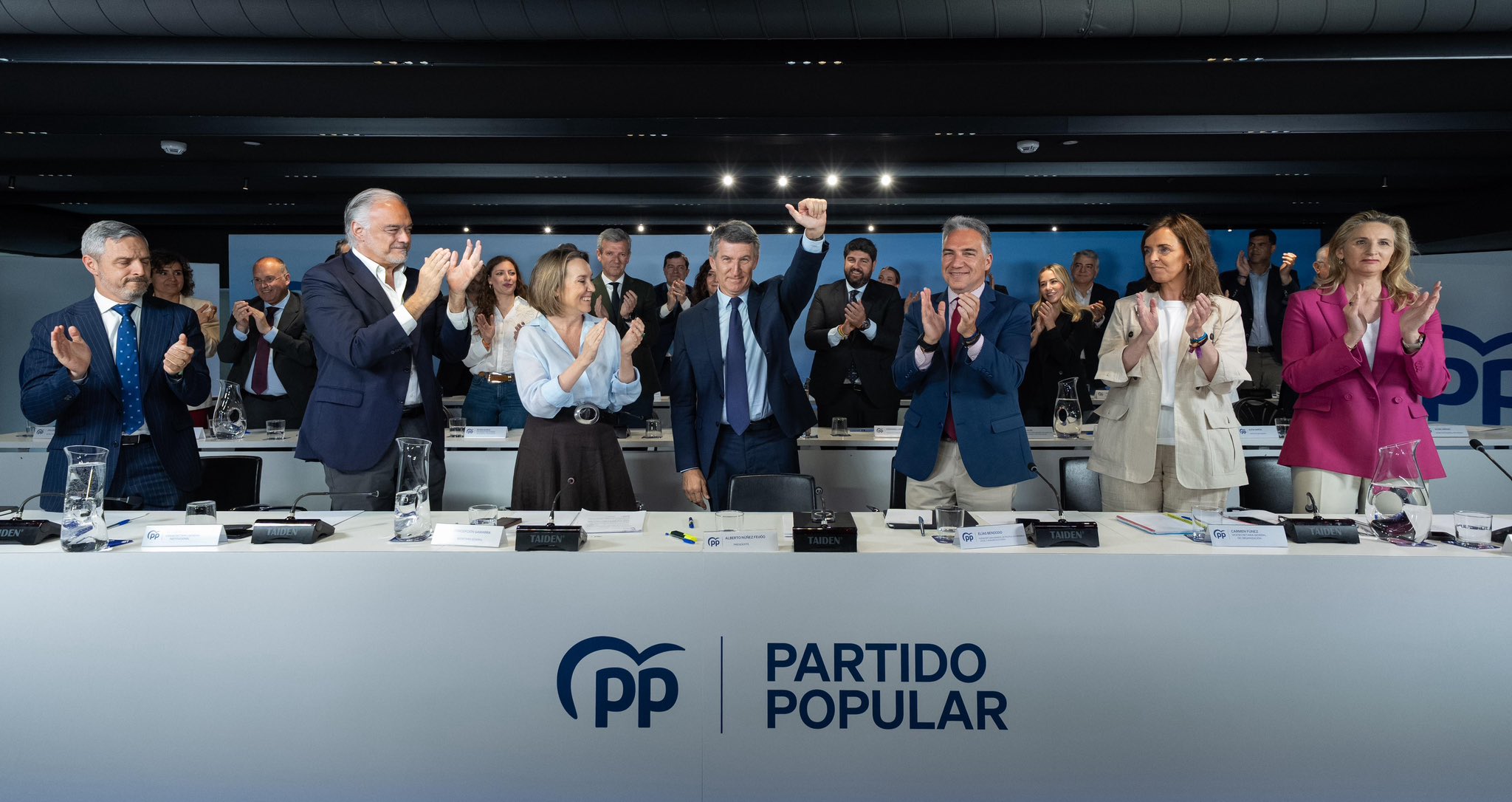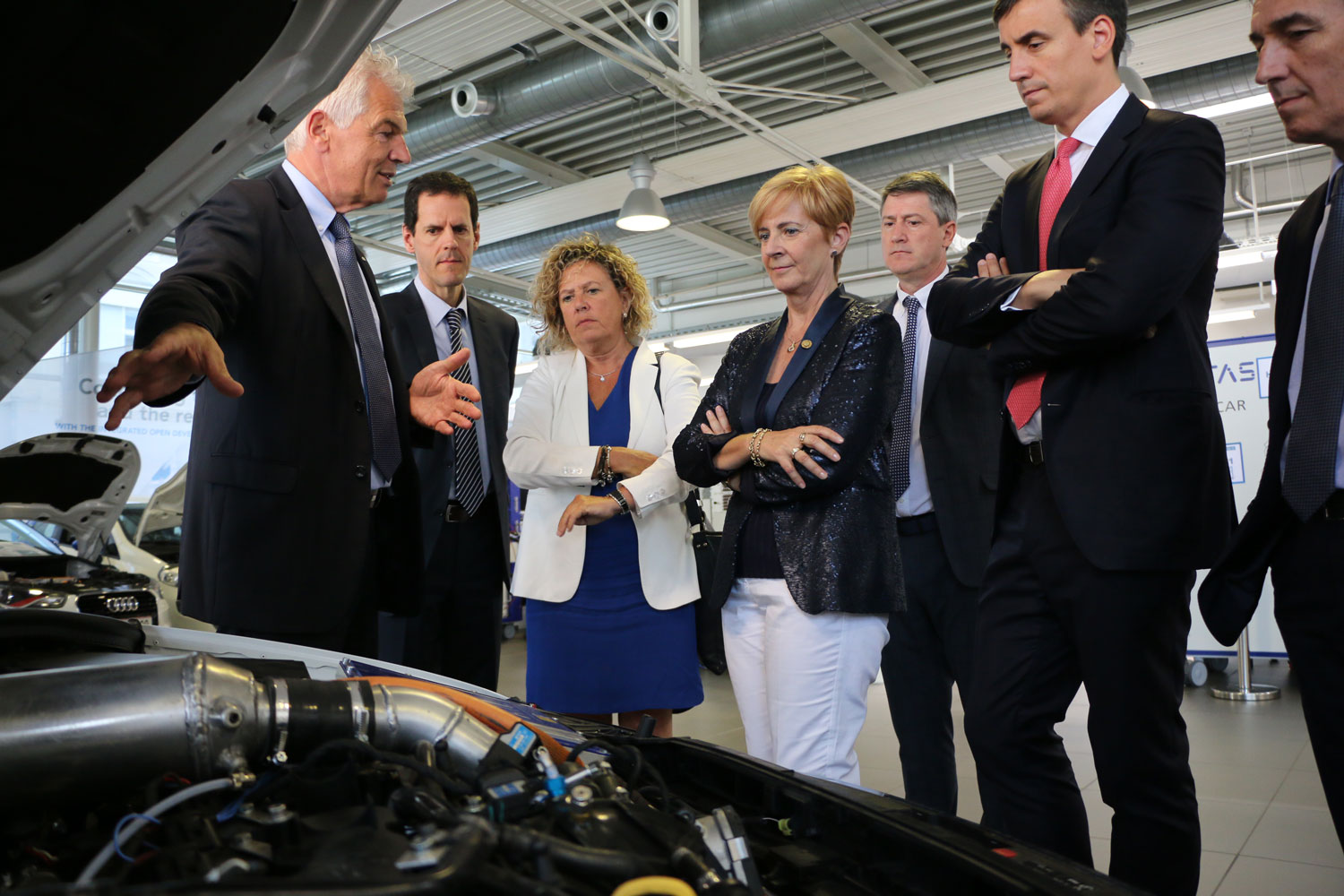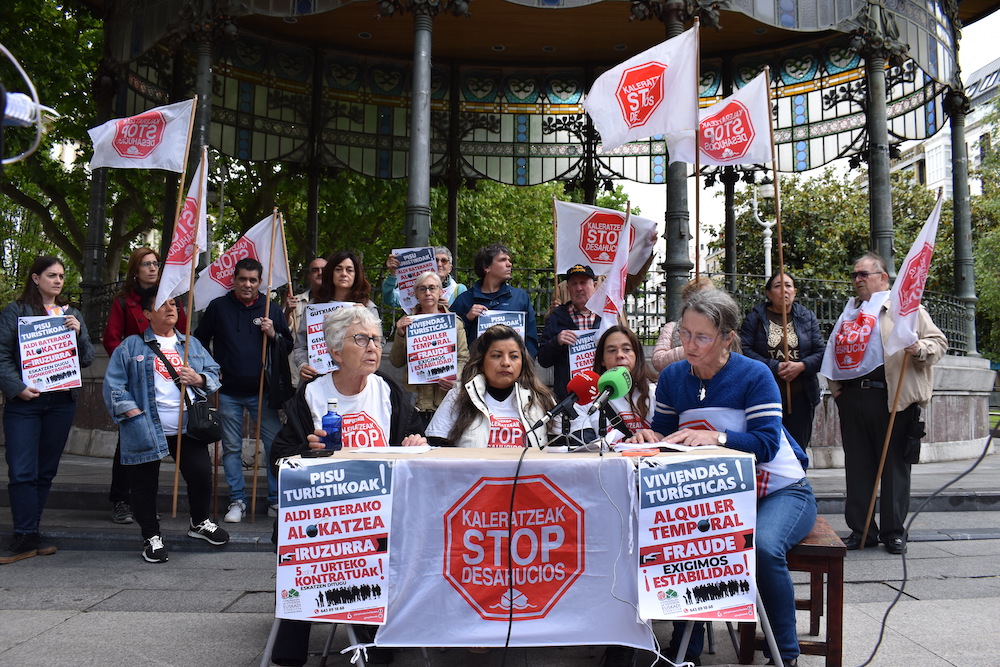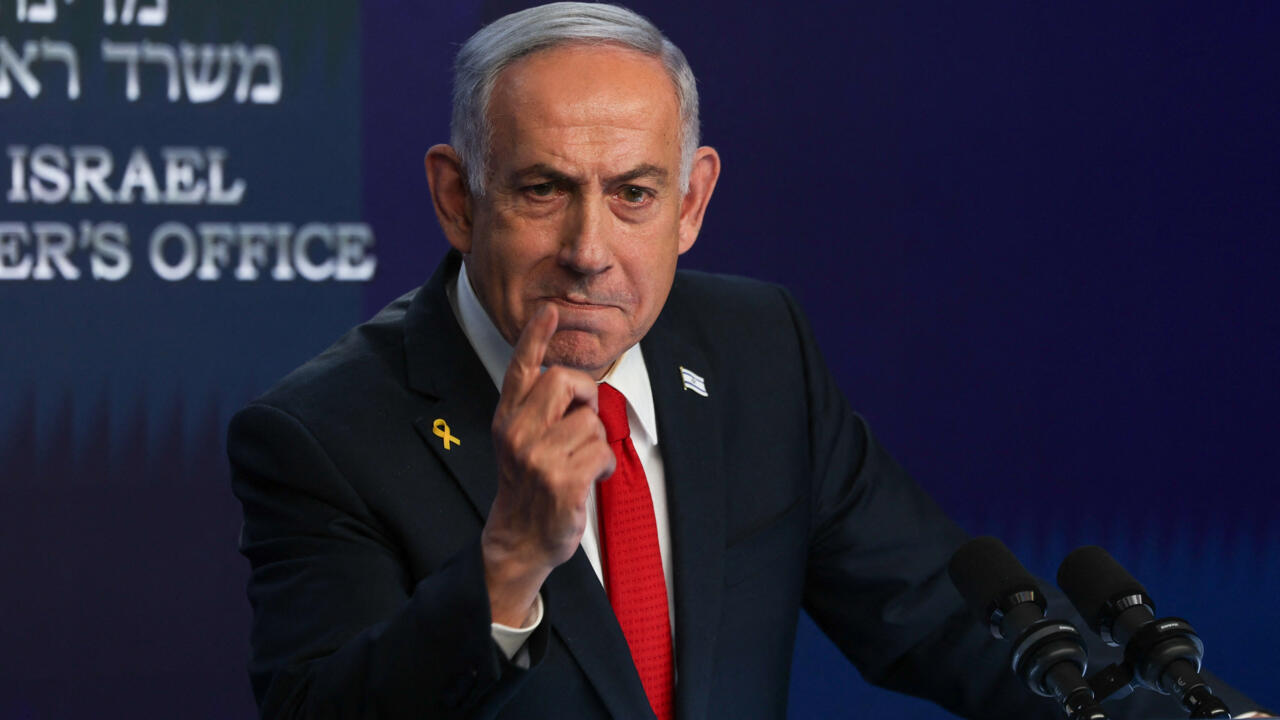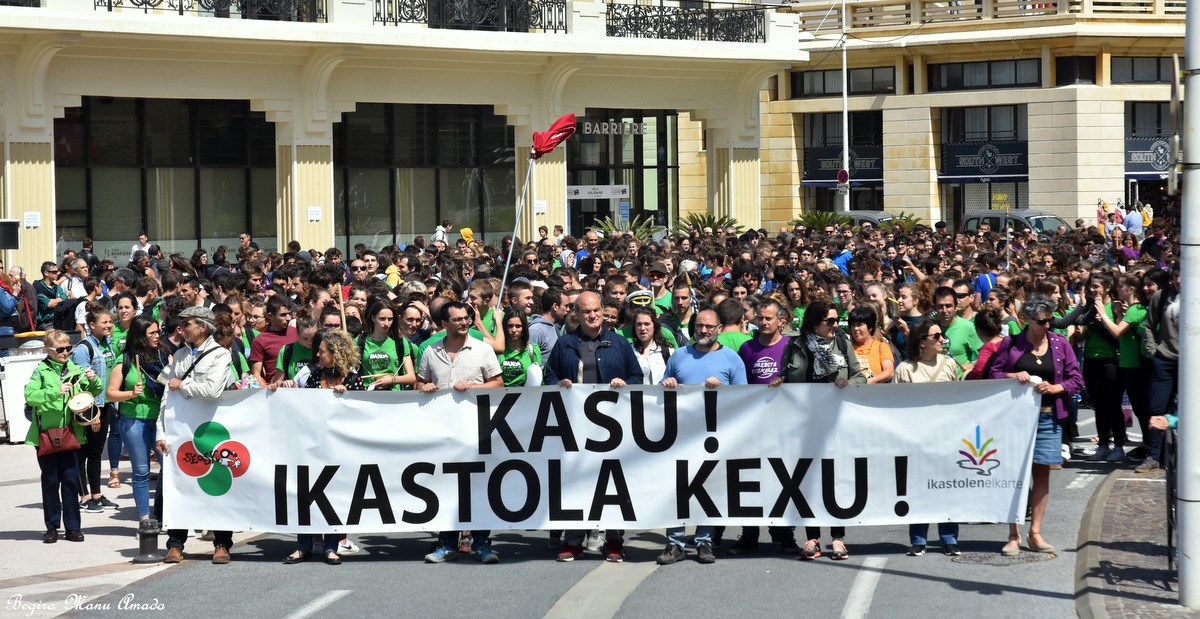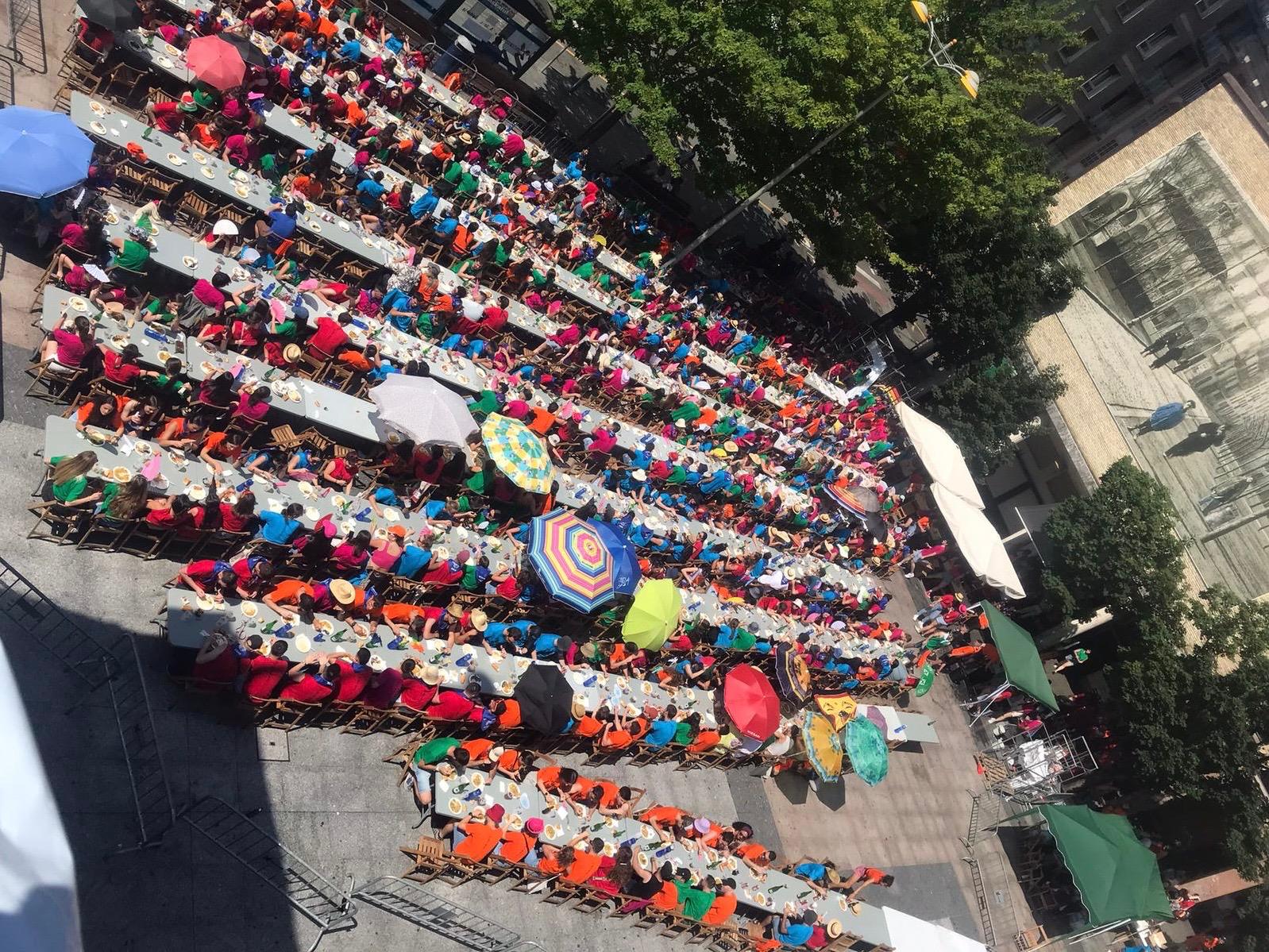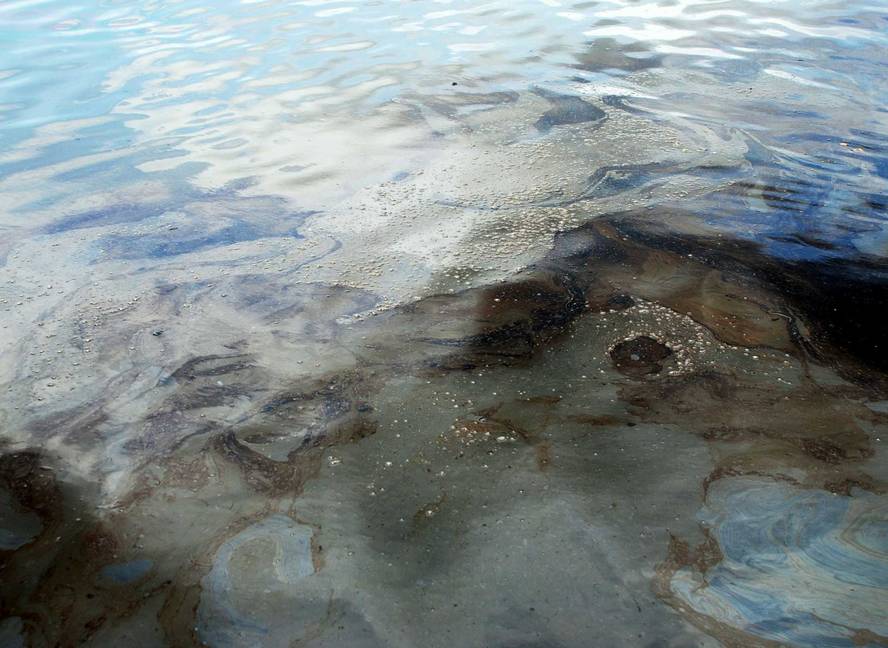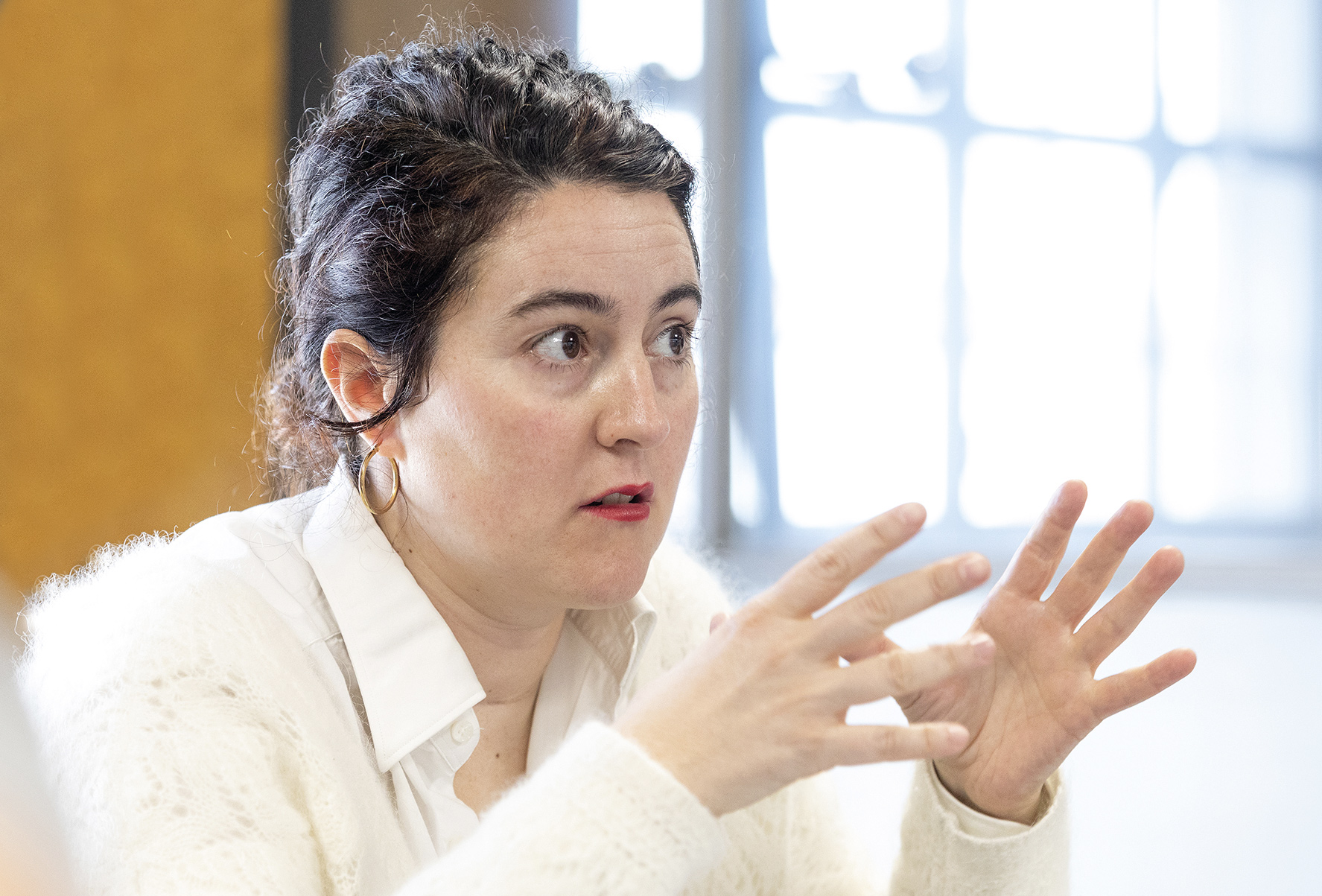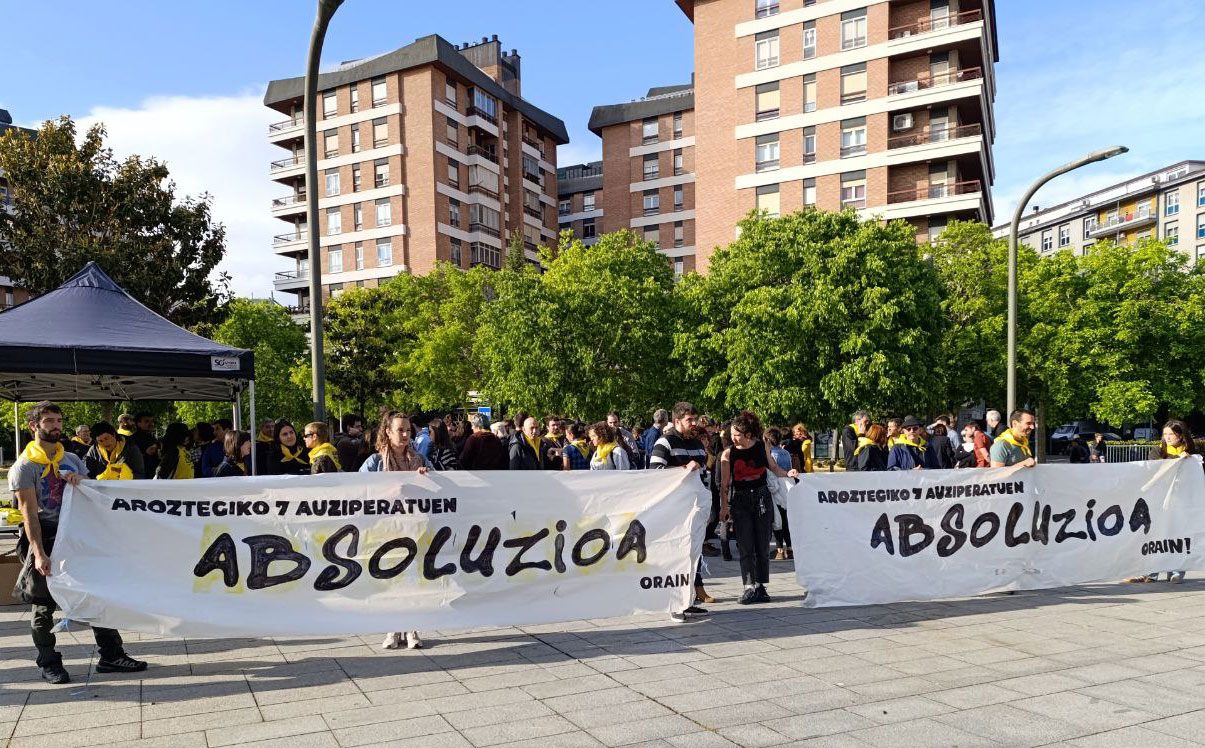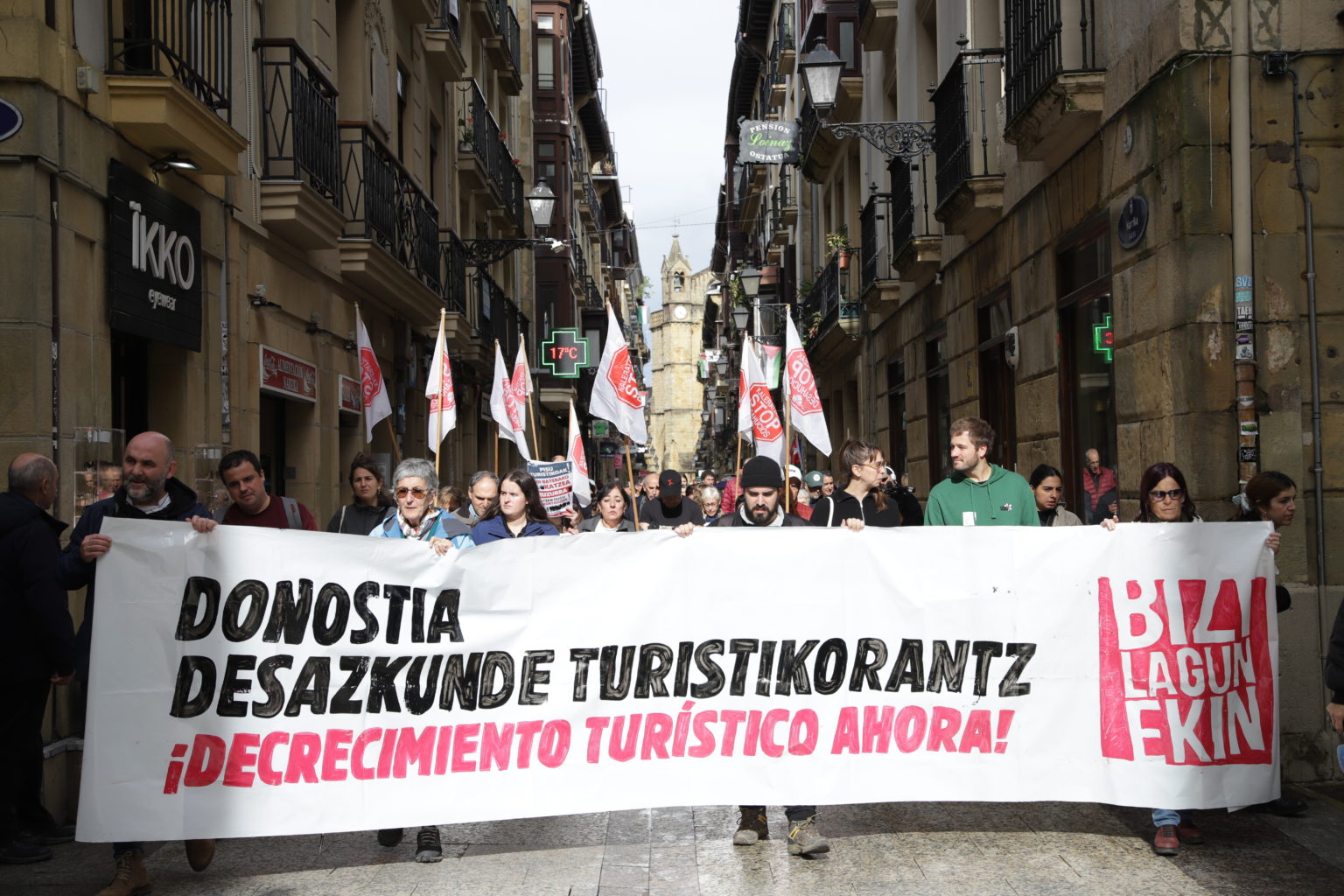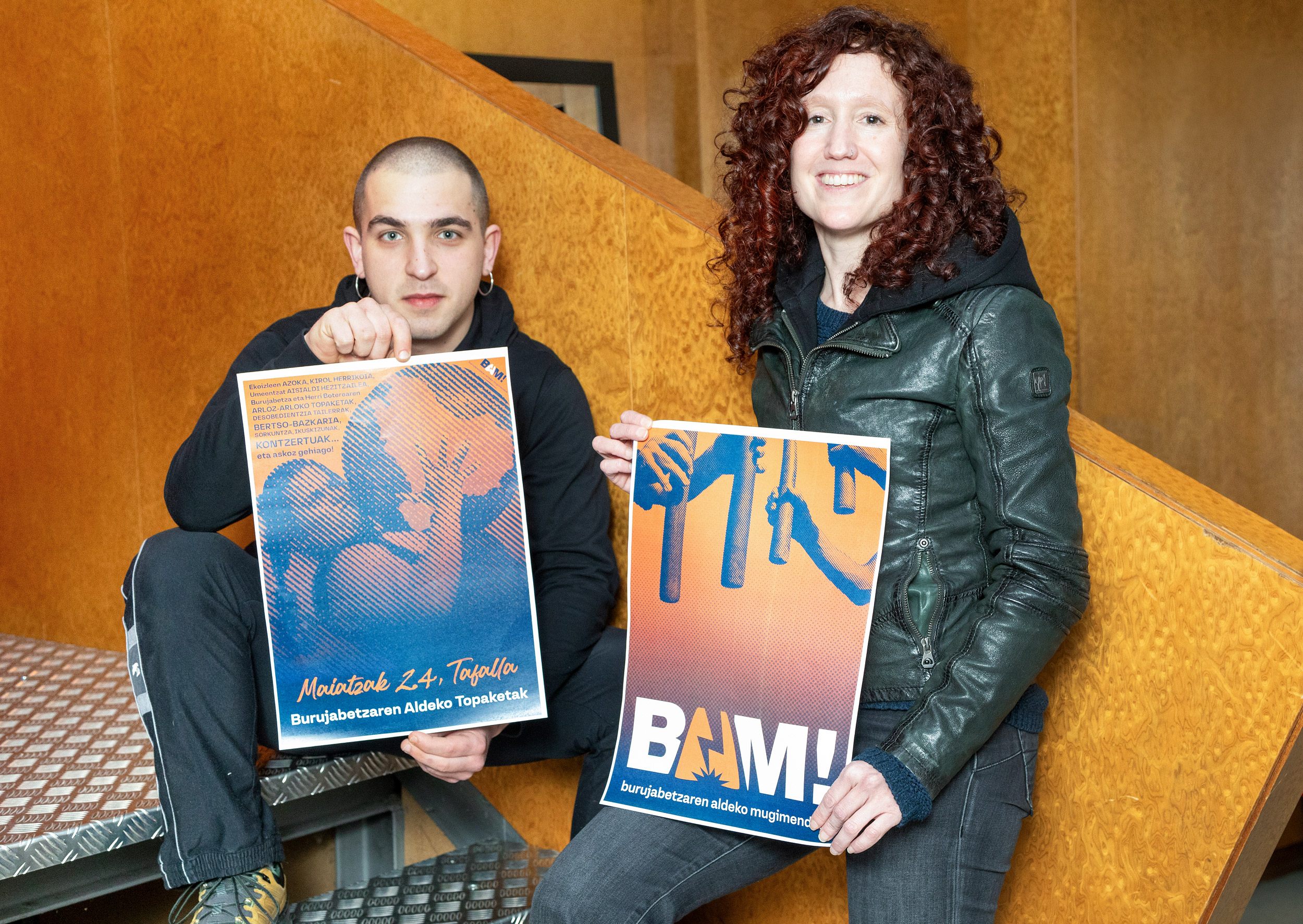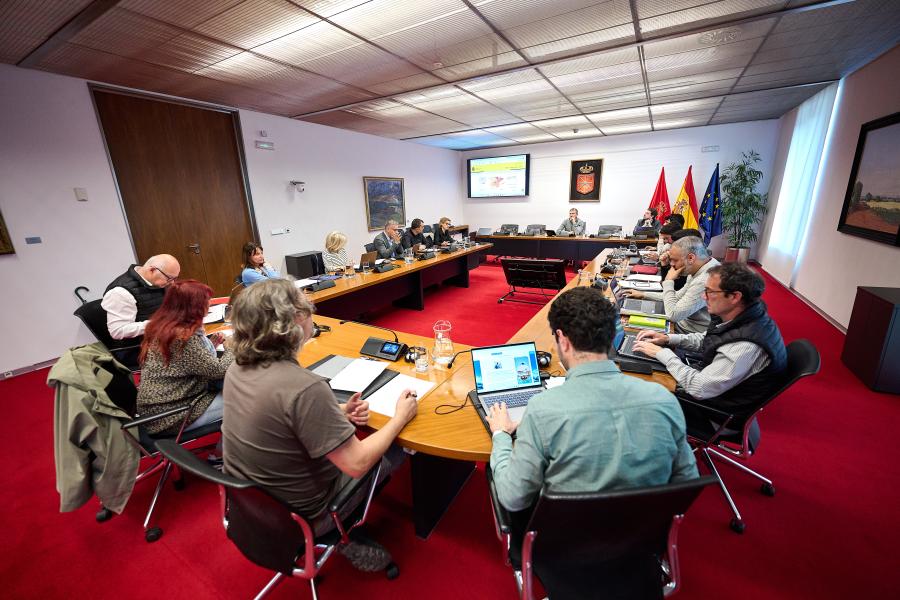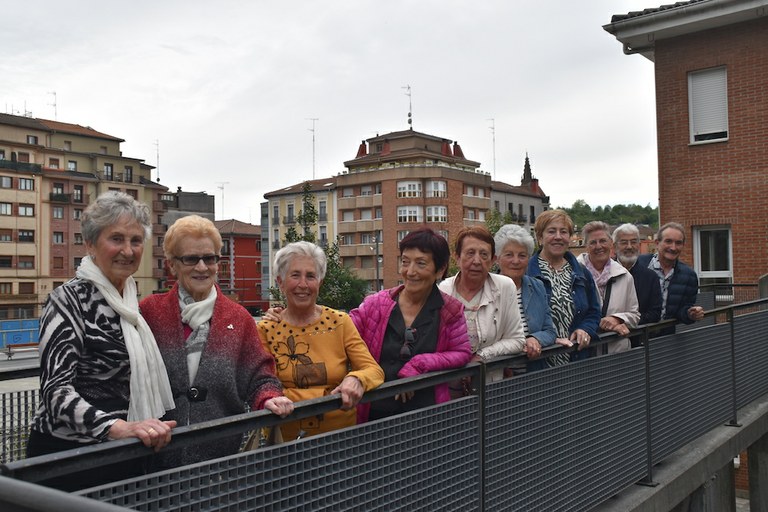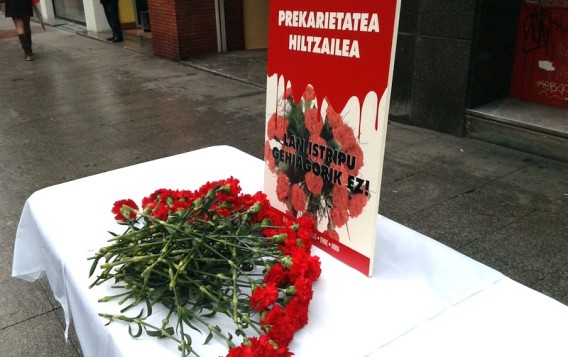"Latin American countries should welcome refugees from Syria"
- Belski, who has studied law and postgraduate studies in Human Rights at universities in Great Britain, Chile and Argentina, has just served four and a half years as director of this NGO. In assessing the performance of the Kirchner Government and in asking about Macri’s intentions, the answer has not had to think twice.
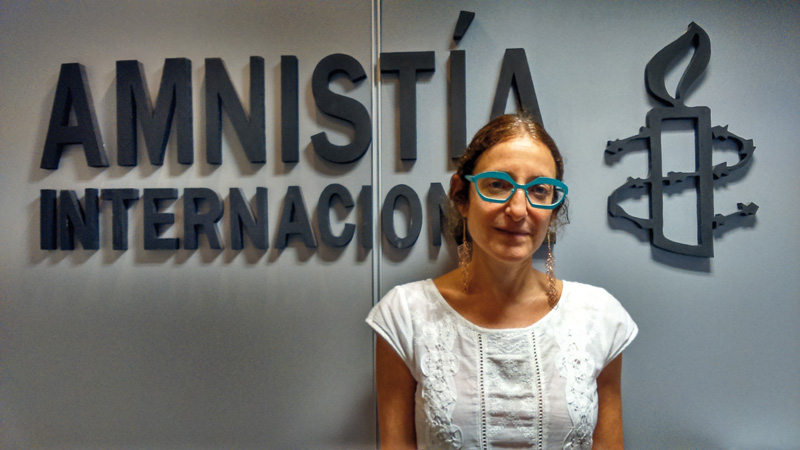
What are the human rights that are currently in danger in Argentina?
The previous government has given more priority than the current one to human rights, enabling policies relating above all to truth, justice and memory or judgments on matters relating to dictatorship. In order to balance the gap between social classes, it launched a number of grants, although much remains to be done on the subject of human rights. The Macri Government does not have the issue of human rights among its main challenges, and so we must continue to work.
We intervened in many areas: historical memory, abortion, male violence, freedom of expression, prison situation or indigenous communities. We also look at the world and, for example, we believe that the case of refugees coming to Europe is ours. The countries of Latin America would have to show solidarity and welcome the refugees in Syria. We believe that Argentina is ready to welcome refugees, it fulfils all the requirements. This is a challenge to be developed as a priority in Mercosur. We also advocate the Argentine complaint against Franco for Judge Servini to carry out his work.
What role do indigenous communities play in the Argentine republic and what are the threats?
According to a study conducted by our NGO, there are 143 conflicts in force in the approximately 70 indigenous communities throughout the country. Private and multinational companies expropriate land for indigenous people and, of course, communities protest against it. But because indigenous people have little force, power criminalizes protests. Access by these groups to the water supply, the education system or the health care network is also very limited. The Government has said that the issue of indigenous people will be a priority for its government, but we have recently witnessed Macri’s negotiations with the big mining companies and that gives us no hope.
They call for the release of activist Milagros Sala, detained and imprisoned in the province of Jujui in northern Argentina.
The case is complicated. On the one hand, he is a well-known indigenous human rights activist and, on the other, he is accused of a corruption case. The previous government, supposedly to channel some cooperatives, did not manage well some of the subsidies granted. The Miracles Hall, with great power in the province of Jujui, has appointed a governor of the Macri party in that province following the elections. The Miracles Hall asked the new governor for a meeting to talk about his new policies and he denied the meeting, so a protest was organized in the Plaza Mayor. During this concentration, the Chamber was arrested and imprisoned. The arrested person has been imprisoned for protest, not for the alleged corruption case, as there is no sentence on it.
It is unacceptable to punish freedom of expression or the right of association and to put someone in jail. It is unconstitutional and we must denounce that Milagros Sala is a political prisoner. We have asked the UN to intervene directly in this case.
In Argentina, every 30 hours, male violence kills a woman. How do we deal with it?
Kirchner did not address this issue as he should and feminicides should be the top priority of the new government. To start with, you need a law to get official information, because there are no official statistics available to know how many women are murdered every year in Argentina and what's behind the killings. The current count is done by the NGO The meeting house, while the government does not.
The Argentine law allows abortion in cases of rape and in cases where the health status of the woman is in danger. However, many judges and doctors, arguing for moral reasons, hinder these abortions. The Government should implement a comprehensive policy against these attitudes and in favour of abortion. A significant percentage of Argentineans still do not know that abortion is legal in their country, so this right should be included in the curricula of schools throughout the country.
Unfortunately, the influence of the Church remains very great. The Church, in Argentina, is a powerful lobby that, with an anti-abortion discourse, has the ability to reach low-level women directly. With these low-income women, NGOs would have to work harder, because they often only have the version of the Church.
In the opinion of some, the one that is most progressive among the last Popes is Francisco, who has refused to be expelled. Have you missed your gestures in the case of abortion?
Although her general view is progressive, in the case of abortion she has not shown any of this and this lack of expression affects Argentina. Although you mentioned some interesting words about the LGTB world, you have unfortunately not approached what we are asking about abortion. There is great curiosity about the relationship between Macri and Francisco in the field of human rights, as the Pope is very angry and hurt at the arrest of the Miracles Hall.
A UN representative has denounced the situation in several prisons in the Argentine Republic. What kind of work does Amnesty International do with the prisoners?
In some of our country ' s prisons there are an excessive number of prisoners and prisoners and there are obstacles to guaranteeing their rights. Steps have long been taken to improve the protocol against torture. Sometimes the lawyers have not been able to contact the prisoners and in our AI offices we receive daily calls from the prisoners or their relatives. In some of these calls we are told that prisoners are not eaten, that they have difficulty obtaining medication or that they are unfairly isolated.
In Buenos Aires, there's a lot of difference from one neighborhood to another. Recoleta, for example, is a very rich neighborhood and in Villa 31 they live in extreme poverty of about 50 thousand inhabitants.
In the north of the capital there is a higher class and in the south a lower class. Several families have not yet been guaranteed the right to decent housing in Hegoalde. The new president of the capital, Rodríguez Larreta, has pointed out that one of his priorities is to improve the neighborhood of Villa 31, but that he is showing two new faces. It has expressed its firm commitment to the regeneration of the poorest areas, but also to reducing and banning the protests of those living in those areas. In the next legislature we are going to witness the clash between these two situations.
PPk Senatuan proposatu du, gainera, euskal preso politikoek damua erakutsi behar izateko xantaia areagotzea.
Maiatzaren 22an EAEko Legebiltzarrak mila milioi euro zorpetzeko lege proiektua onartu du “zientzian, teknologian, enpresan eta industria sektorean eragiteko”. Naiz hedabideak jakitera eman duenez, Eusko Jaurlaritzak KPMG Asesores SL enpresari eskatu dio plana... [+]
Donostiako Parte Zaharreko maizter batek 11 hilabeterako alokairu kontratua bost urterako legezko kontratu bihurtzea lortu du.
Washingtonen Israelek duen enbaxadako bi langile tiroz hilda agertu eta gero egin ditu adierazpenak Netanyahuk. Israelgo Gobernuak zuzenean lotu ditu Washingtongo erasoak eta Europako zenbait gobernuburuk Gazako sarraskiaren aurka egindako adierazpenak.
Mireia Centeno Gutierrez psikopedagogoak haurren elikaduraren inguruko zenbait gako eman ditu; hala nola jatera behartzeak eta jakiak debekatzeak dituen ondorioak aipatu ditu.
The defendants testified on Thursday, and their statements could be summarized as follows: The citizens who gathered in the square of legumes or in the camping area decided collectively what to do, in general, to go to the field of the works and put them passively in... [+]











